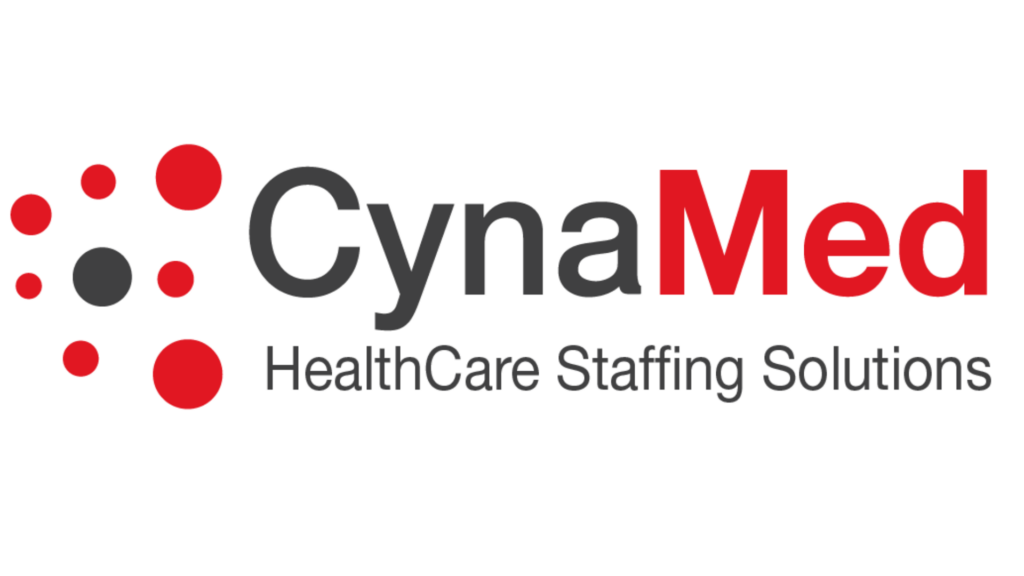Patients rely on your expertise and accuracy in bringing them back to health. Nursing involves writing and documentation to ensure patient health is kept on record. Writing is essential for every nurse as it communicates with patients, doctors, and staff. A patient is in better care when a nurse can write.
When Does a Nurse Write?
Nurses write all the time, often when they least expect it. Taking down patient information and drafting reports are all different forms of writing. In addition, there are different kinds of nurses that write additional material depending on their job position.
Here are the most prominent forms of writing in nursing:
Recording patient history
For every patient that comes into your care, it is important to keep a file on their medical wellbeing. This keeps patient information organized and displays how the patient’s health progresses over time.
Care Plans
For a patient to improve, nurses often meet with aides to discuss a care plan. It is a nurse’s job to draft the plan and run it by the aides so that they put your plan into action. As you may be comfortable writing with medical terminology, break it down to the patient so they’ll understand.
Proposal writing
This form of writing is much more formal than the others compared to a medical research paper. For example, a nurse may state the problem they’re facing, including a hypothesis and methods to solve it.
If you share your proposal with a doctor, feel free to use any formal terms. However, if a general audience will be reading, hold back on those hard-to-understand words, and keep it simple.
Staff performance evaluations
Many nurses oversee staff on their unit, such as CNAs, LPNs, and certified med techs. When you see a staff member do well or poorly, a nurse must take note of that through a performance evaluation. Depending on your location and the rules, evaluations are often done yearly.
Rules of Writing for Nurses
To be the best writers they can be, there are a set of rules that every nurse should follow. This way, their message is relayed clearly and reaches their intended audience. Here are three rules of writing that every nurse should follow:
Precision
Writing with accuracy is crucial for a nurse as there is detailed and sensitive information involved with patients. A doctor may also ask you to take important notes as they speak, in which any mistake will have repercussions for you and the patient’s health.
Writing Objectively
You should be impartial when it comes to writing and taking down information. For example, when recording certain events with patients, the doctor will need specific facts and details. Writing with opinion in instances like this hinders the accuracy of your information and clarity of what took place.
Who Are You Writing To?
Trained healthcare professionals such as doctors have done years of studying to learn critical medical terms in their fields. Do not forget to apply these terms to your writing, as it will help provide clarity to the situation at hand. If you write vaguely, without descriptive words, a doctor may find that you were careless of the situation.
Writing can seem tedious at times. However, it is a crucial aspect of any nurse’s position. Should you need further resources in writing or nursing in general, click here for more information.
If you are a nurse looking for your next position in healthcare, CynaMed is hiring RNs, CNAs, LPNs, and Certified Med Techs. With over 18 years of experience in the healthcare staffing agency, we are confident in finding the perfect job for you. So, if you wish to apply, visit our website or contact us today!






